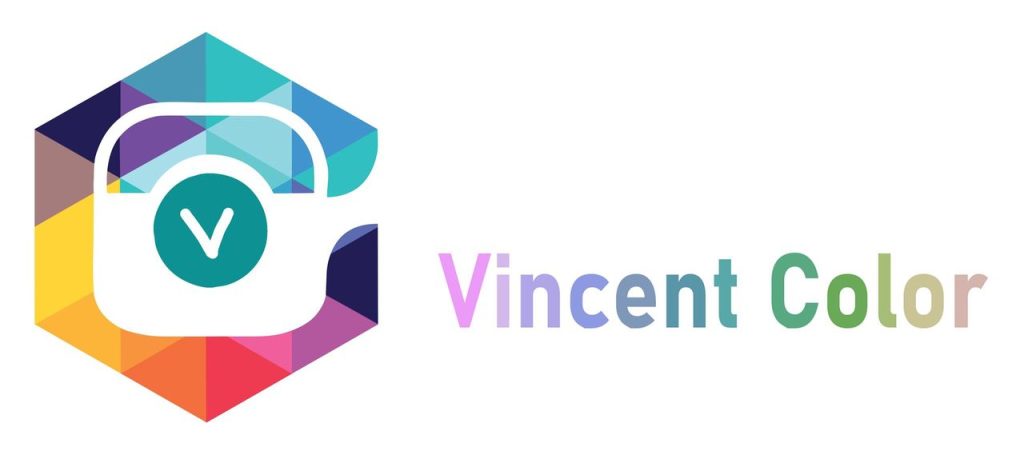A common practice in photography involves the use of ultraviolet (ultraviolet) protective lens filters. Today we will explore the arguments for and against the use of these filters.
In my personal opinion, the advantages of using a UV filter outweigh the disadvantages. This review is based on extensive experience using UV filters in real-life situations. I found that cleaning the removable flat glass filter was much simpler than dealing with the often curved surface of the camera lens element. Learn more into the discussion.
What Is a UV Protection Lens Filter?
Anti-UV lens filters are circular glass filters designed to block harmful ultraviolet (UV) rays from the sun, protecting both your camera lens and your eyes. This filter has the dual purpose of protecting your device and improving photo quality. By blocking UV light, it effectively eliminates vignetting from the sun, delivering improved contrast and richer colors in your photos.
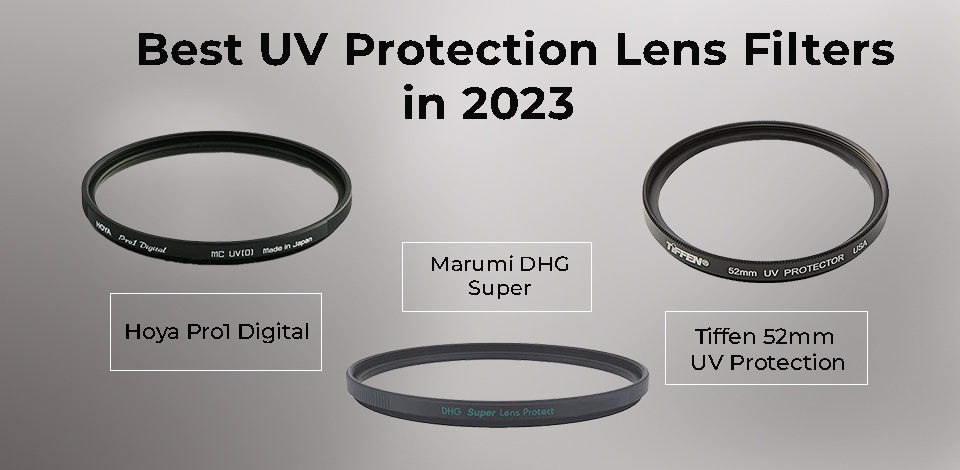
These UV-protective lens filters come in a variety of diameters, ensuring compatibility with lenses of various sizes. They are attached to the front of the lens, like any other lens filter, via a screw mechanism. Best of all, these filters are transparent and do not affect image quality. This means you can use them with other types of filters, such as circular polarizing filters, color enhancing filters, or graduated neutral density filters, without affecting your photos.
Why Should You Use a UV Protection Lens Filters?
Lens Protection
The main reason to invest in a UV filter is to protect the front of your camera lens. While it’s essential to avoid leaving fingerprints on the glass, the real value becomes apparent when you’re in environments where dust or splashes are a problem. In such situations, cleaning the UV filter is much more convenient and safer than the lens glass itself.
Another important point to consider is the risk of lens scratches, a concern that urban explorers in particular may encounter. Have you ever worn your camera over your shoulder for a moment and then accidentally flipped it over and came into contact with a rough surface or sharp object? Without a UV filter, it could be a disaster for your lenses.
Blocking Ultraviolet Light
Although modern cameras are often less affected by UV rays, being extra cautious can be beneficial. Consider a situation in which you detect a bluish tint in your images on a particular day. UV filters can be an effective solution to this problem.
Honestly, I’m not sure how common this problem is. This uncertainty comes from my systematic use of anti-UV filters on all my lenses. However, if you don’t have lenses with built-in UV protection, you may consider purchasing a UV filter for added safety.
Now, Let’s see about 4 Best UV protection Lens Filters
4 Best UV protection Lens Filters
4. Marumi DHG Super

| Pros
| Cons
|
3. Hoya Pro1 Digital
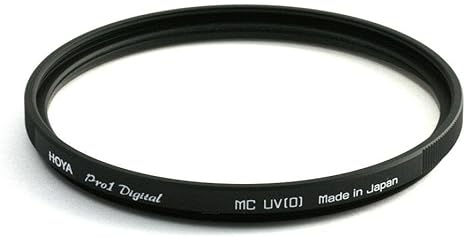
| Pros
| Cons
|
2. Tiffen 52mm UV Protection
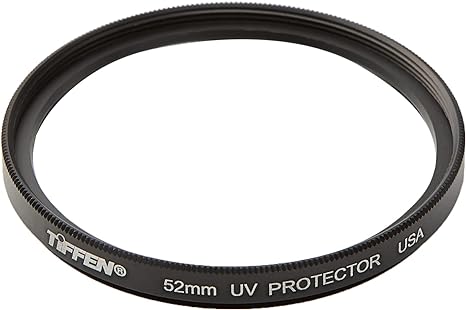
| Pros
| Cons
|
1. B+W UV Haze MRC
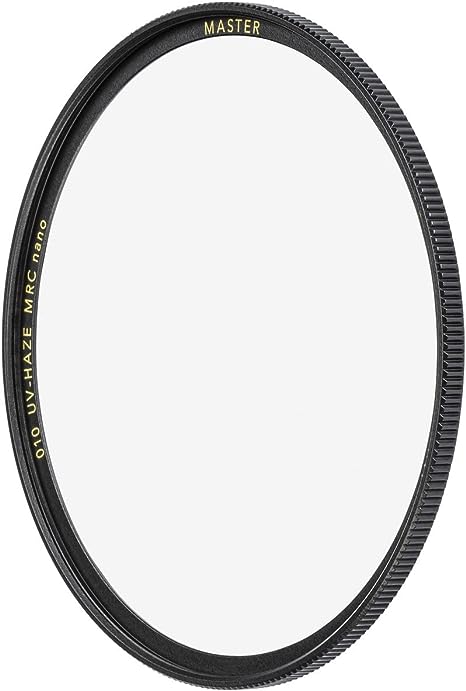
| Pros
| Cons
|
Some Reasons Against Using a UV Protection Lens Filter
Potential Loss of Image Quality
It should be noted that some new lenses have a free UV filter for added protection. However, a counter-argument can be made that investing a significant amount of money in a new lens and then adding glass, which may not meet the same optical standards, has seems counterintuitive.
For photographers looking for a camera setup that doesn’t compromise image quality, shooting without a UV filter may be the preferred method. In my personal experience, comparing images taken with and without a UV lens filter, I did not notice any noticeable decrease in image quality.
It’s true that this additional layer of glass can slightly affect image quality, but the degree of effect is usually very small. To alleviate this problem, the best solution is to invest in a high-quality UV filter, which can help maintain image quality while providing the desired protection.
Lens Ghosting
Having a UV filter on your camera lens can sometimes increase ghosting, especially in specific conditions, such as night photography with bright lights in the frame.
This phenomenon occurs when these bright lights strike the camera’s digital sensor, reflect onto the back surface of the UV filter, and then reflect back to the camera’s sensor, resulting in ghosting. . The level of ghosting tends to be more pronounced when shooting with wider apertures.
To remove these unwanted “ghosts” from your photos, you may want to consider removing your UV filter when shooting in conditions where ghosting is likely to occur.
Myths About Lens Flare and Loss of Light
There are various claims regarding UV filters, including concerns about increased lens flare and the potential to affect the calculation of light transmitted through the lens. In practice, however, these concerns are not thoroughly considered. When it comes to lens flare, there is no significant evidence that anti-UV filters contribute significantly to it, and many photographers, myself included, have not experienced this problem.
As for the suggestion that an additional layer of glass could interfere with light calculations, it is important to note that some lenses have as many as 15 different glass elements, making the addition of a filter UV protection is relatively insignificant in terms of complexity.
Additionally, compared to other lens filters, UV protection filters have a relatively simple design and have minimal impact on light transmission. Therefore, the potential disadvantages often associated with UV filters may not be as great as some photographers think.
Contact us if you have any questions.
Moreover, Don’t forget at VincentColor we provide Real Estate Photo Editing Service only from 0.5$
Website: https://vincentcolor.com
Email1: Contact@vincentcolor.com
Email2: Cs@vincentcolor.com
